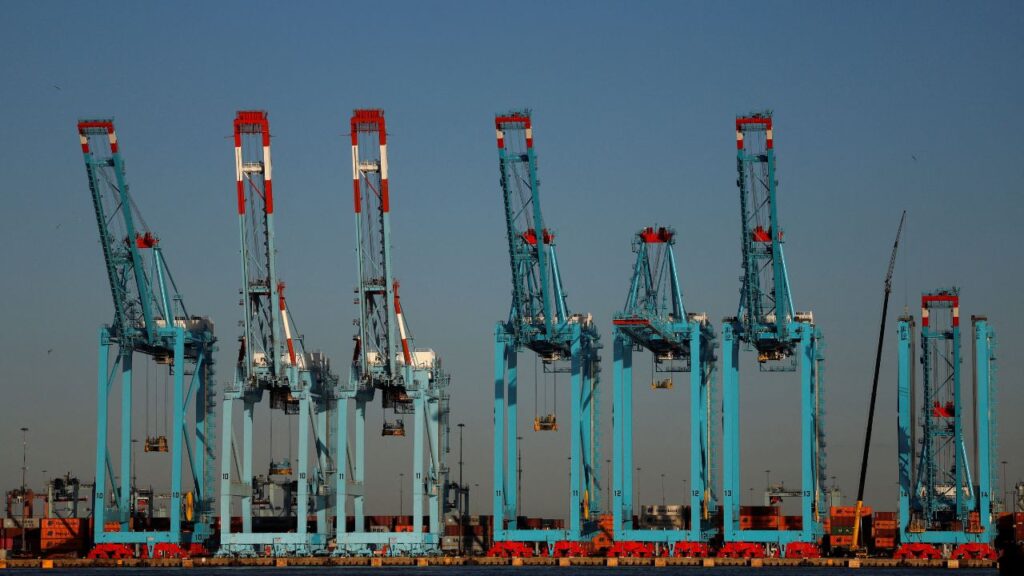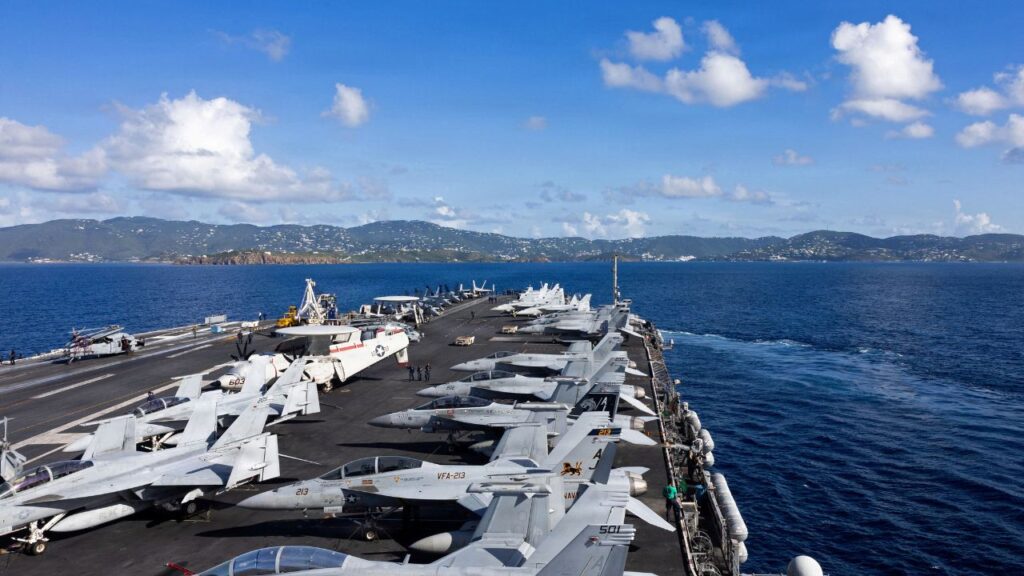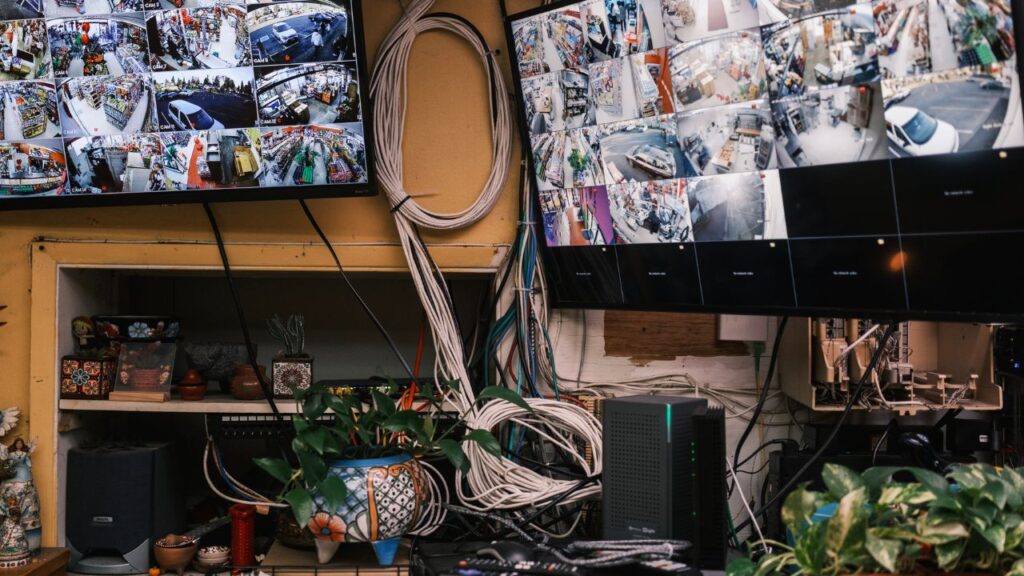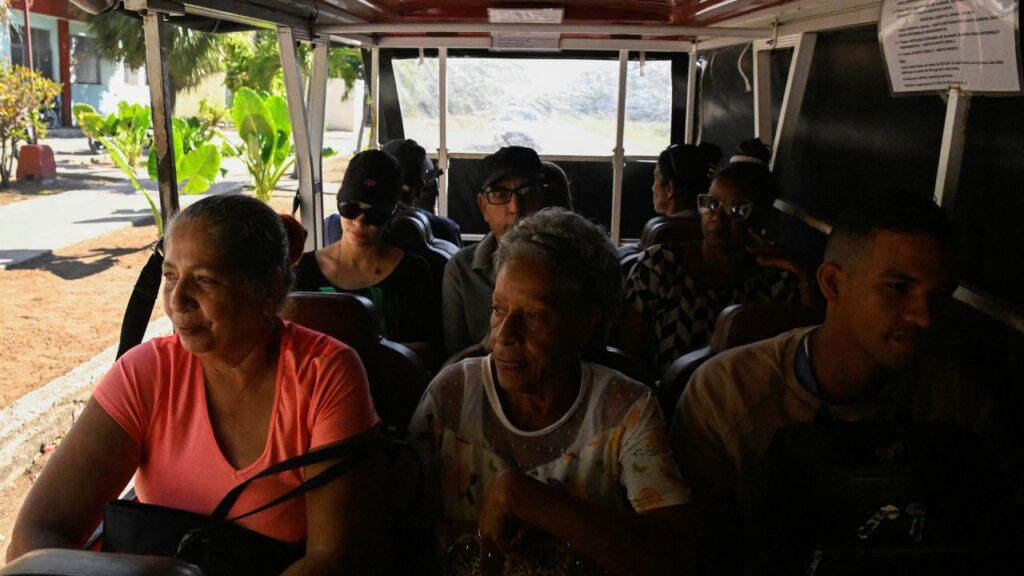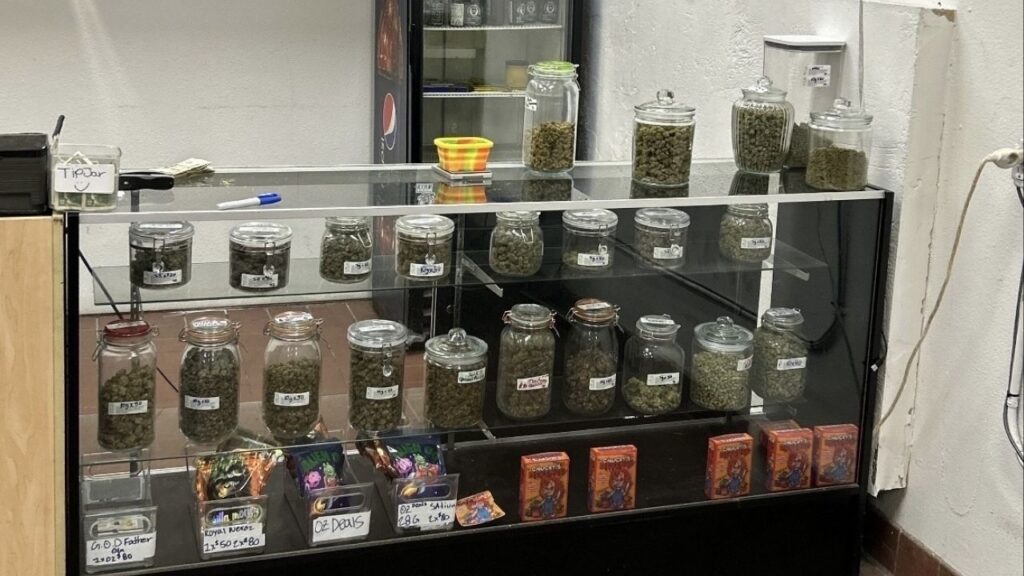The UN has halted food distribution in Rafah, Gaza due to supply shortages and insecurity, warning of potential famine-like conditions without immediate aid. (AP/Abdel Kareem Hana)
Share
|
Getting your Trinity Audio player ready...
|
CAIRO — The United Nations says it has suspended food distribution in the southern Gaza city of Rafah due to lack of supplies and insecurity. It also said no aid trucks entered via a pier set up by the U.S. for sea deliveries for the past two days.
The U.N. has not specified how many people remain in Rafah after the Israeli military launched an intensified assault there on May 6, but there appears to be several hundred thousand.
U.N. Warns that Humanitarian Operations Near Collapse
Abeer Etefa, a spokesperson for the U.N’s World Food Program, warned that “humanitarian operations in Gaza are near collapse.” If food and other supplies don’t resume entering Gaza in “in massive quantities, famine-like conditions will spread,” she said
The main agency for Palestinian refugees, UNRWA, on Tuesday announced the suspension of distribution in Rafah in a post on X, without elaborating.
Etefeh said the WFP had also stopped distribution in Rafah after exhausting its stocks. It continues passing out hot meals in central Gaza and “limited distributions” of reduced food parcels in central Gaza, but “food parcel stocks will run out within days,” she said.
Etefa said 10 trucks entered through the U.S.-made pier on Friday and were taken to its warehouse in central Gaza. But a delivery Saturday of 11 trucks was stopped by crowds of Palestinians who took supplies, and only five trucks made it to the warehouse. No further deliveries came from the pier on Sunday or Monday, she said.
Entry of aid to Gaza through the two main crossings in the south has nearly ground to a halt the past two weeks since Israel launched an incursion into Rafah on May 6, vowing to root out Hamas fighters. Troops seized the Rafah crossing into Egypt, which has been closed since.
Since May 10, only about three dozen trucks have made it into Gaza via the nearby Kerem Shalom crossing from Israel because fighting makes it difficult for aid workers to reach it, the U.N. says.
RELATED TOPICS:
Categories

Hey Ilia, America Is Still Proud of You.






